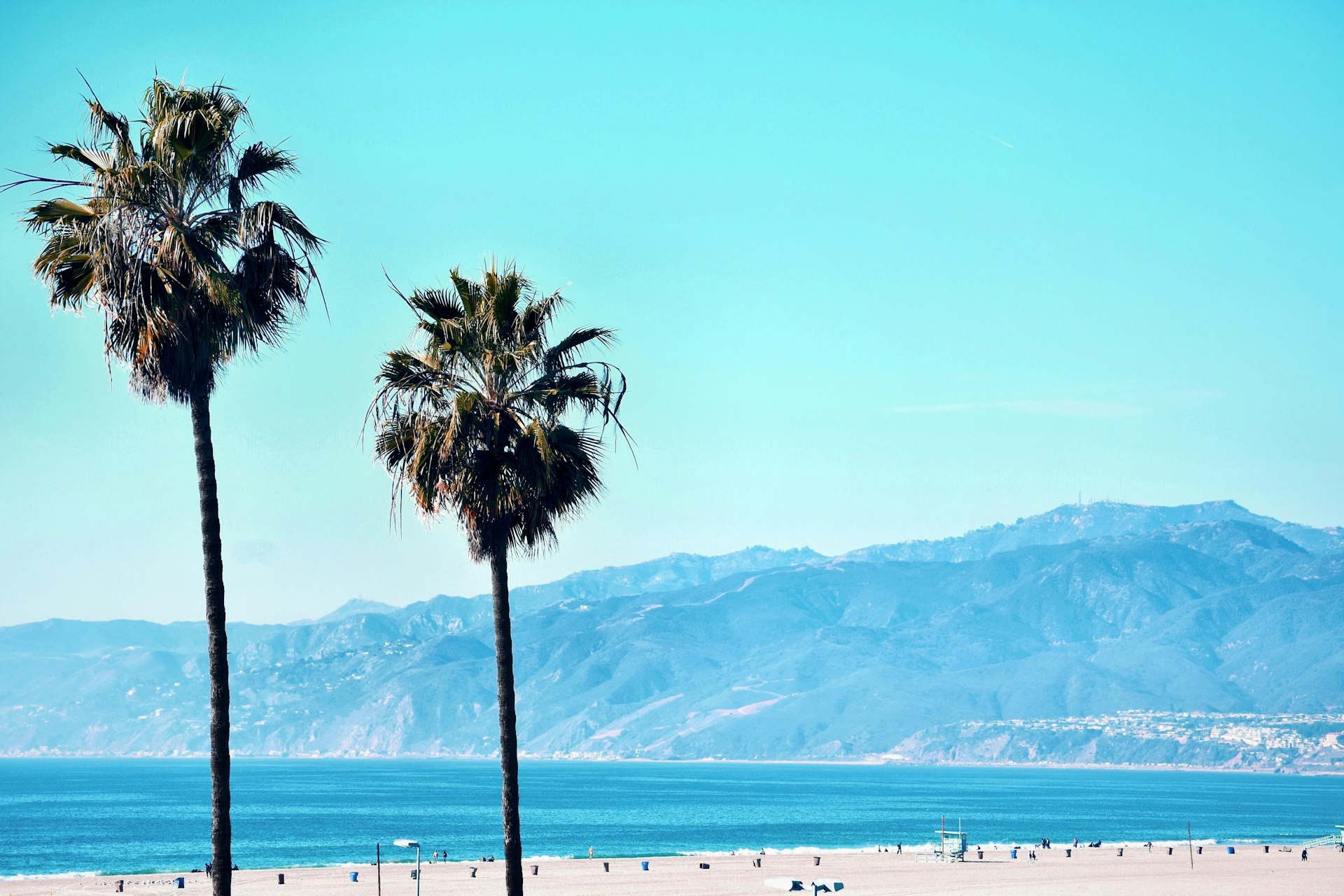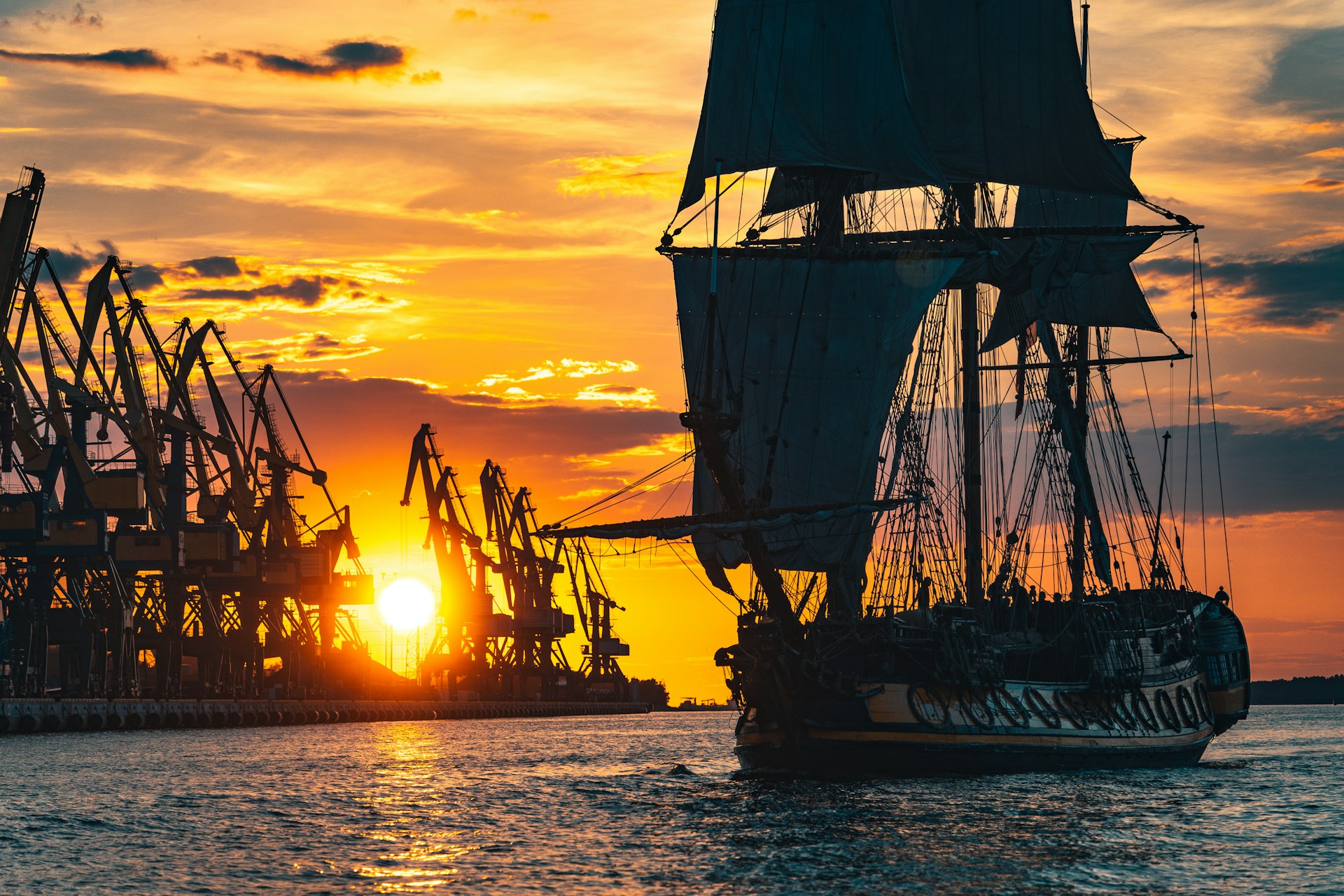How Pirates Helped Shape Modern Maritime Law: From Outlaws to Legal Landmarks

Photo by Raimond Klavins on Unsplash
Introduction: Pirates and the Foundations of Maritime Law
Pirates have long captured the world’s imagination as rogues of the high seas. Yet, their impact extends well beyond legends and folklore. For centuries, the disruptive actions of pirates forced nations, traders, and lawmakers to confront new challenges at sea. These confrontations directly shaped the evolution of maritime law, laying foundations for the rules and protections that govern today’s global shipping and trade [1] . Understanding the role of pirates in shaping maritime law reveals how necessity, conflict, and innovation have driven legal progress on the world’s oceans.
The Earliest Maritime Codes and Anti-Piracy Provisions
Long before the modern era, seafaring peoples recognized the need for rules to protect commerce and navigation. The Lex Rhodia -or Rhodian Sea Law-dating back to around 800 BCE, stands as one of the first comprehensive maritime codes. Crafted on the island of Rhodes, this ancient legal framework laid out responsibilities for ship captains, particularly regarding piracy: captains were held responsible for safeguarding cargo and passengers against pirate attacks. The Lex Rhodia not only condemned piracy but also encouraged ships to cooperate against such threats and even specified the use of force for defense [1] .
Roman law further advanced anti-piracy measures by declaring pirates
hostis humani generis
-enemies of all mankind-thereby granting universal jurisdiction to pursue and punish them. This principle remains influential in contemporary international law, underpinning the idea that piracy can be prosecuted anywhere, regardless of where the crime occurred.
Medieval Maritime Laws: Oleron, Wisby, and the Codification of Trade
As maritime trade expanded in the Middle Ages, piracy became a significant threat, prompting the creation of new legal codes. The Laws of Oleron , originating in the 12th century from the Isle of Oleron, are considered among the most influential. These laws provided detailed rules for trade, crew conduct, and the handling of theft and violence at sea. While not exclusively about piracy, they included specific measures for dealing with maritime crimes, setting precedents for later legal systems [1] .
Similarly, the Wisby Laws , from the Baltic trading hub of Visby, addressed piracy as a central concern for merchant fleets, particularly those of the Hanseatic League. These codes provided for joint defense, compensation for lost goods, and cooperation between trading partners, showing an early form of multinational legal coordination.
Piracy, Privateering, and the Evolution of State-Sanctioned Maritime Violence
With the rise of European empires and increased competition for overseas trade, the line between piracy and legitimate naval warfare blurred. Privateering emerged as a state-sanctioned response to rampant piracy and the high cost of maintaining large navies. Through letters of marque, governments authorized private vessels to attack and seize enemy ships during wartime, turning private sailors into legal combatants under specific conditions [2] .

Photo by Nafsika G. on Unsplash
This practice became widespread in the Age of Sail (16th to 19th centuries), as seen during the American Revolutionary War when American privateers disrupted British shipping. The legal distinction between pirates and privateers, however, remained contentious. One nation’s privateer could be seen as another’s pirate, leading to complex diplomatic disputes and further refinement of international law [1] .
The Golden Age of Piracy: International Coordination and Judicial Reform
The 17th and 18th centuries-often called the Golden Age of Piracy-witnessed both a surge in pirate activity and major legal developments. To protect colonial interests and global trade, maritime nations established admiralty courts in their colonies, empowered to try pirates swiftly and with fewer procedural barriers than traditional courts. England, France, and the Netherlands led efforts to standardize prosecution and punishment, reflecting growing recognition of piracy as an international problem requiring coordinated action [1] .
Despite these efforts, enforcement was not always uniform. Some colonial officials, merchants, and even judges had commercial ties to pirates, benefiting from the sale of stolen goods or protection money. Over time, however, effective policing by the Royal Navy and increased central control shifted public attitudes, delegitimizing piracy and transforming coastal communities from supporters to adversaries of illegal maritime activity [3] .
From Piracy Suppression to Modern Maritime Law
The suppression of piracy in the Atlantic and beyond was instrumental in the development of modern maritime law. The British Parliament, for example, enacted statutes that clarified the definitions of piracy, established procedures for prosecution, and standardized penalties. The increased power of admiralty courts, combined with evolving international treaties, created a robust legal environment that encouraged trade and investment by reducing the risks posed by pirates [3] .
Today, the influence of pirate-driven legal reforms is evident in the United Nations Convention on the Law of the Sea (UNCLOS) and other international agreements. These frameworks recognize piracy as a crime of universal jurisdiction and mandate cooperation among nations in its suppression. The legacy of centuries of pirate activity is thus embedded in the very structure of global maritime governance.
Practical Guidance: Accessing Maritime Law Resources and Legal Protections
For those involved in maritime trade, shipping, or legal practice, understanding the historical context of anti-piracy laws remains relevant. If you seek information on current maritime laws or want to learn about protections against piracy, consider the following steps:
- You can search for official publications and legal texts through the United Nations website or visit your national government’s department of transportation or maritime administration for resources on current maritime law.
- To study historical legal codes such as the Lex Rhodia, Laws of Oleron, or Wisby Laws, consult academic libraries, university legal departments, or organizations specializing in maritime history.
- If you are part of a shipping company or legal team, you may want to consult the International Maritime Organization (IMO) for guidelines, as it plays a central role in modern maritime regulation and anti-piracy initiatives.
- For legal disputes or questions regarding piracy, admiralty, and the law of the sea, contacting a maritime law attorney is recommended. Many bar associations have directories to help you find qualified specialists in your jurisdiction.
Be aware that access to some historical and legal documents may require academic credentials or institutional permissions. If you are researching for academic or legal purposes, university libraries and official maritime law organizations are the best starting points.
Challenges and Solutions: The Ongoing Battle Against Maritime Crime
Despite centuries of progress, piracy and maritime crime continue to pose significant challenges in certain regions. Modern pirates often exploit legal loopholes, jurisdictional ambiguities, and gaps in international cooperation. Ongoing efforts focus on:
- Strengthening international treaties and regional agreements to ensure swift prosecution.
- Enhancing surveillance, intelligence-sharing, and coordinated naval patrols in high-risk areas.
- Educating seafarers and shipping companies on best practices for avoiding and responding to pirate attacks.
- Supporting economic development in piracy-prone regions to address root causes.
Organizations like the International Maritime Bureau and the IMO regularly publish updates and guidance on current best practices for piracy prevention and response. You can search for these organizations by name to locate official reports and resources. For real-time updates, many maritime trade associations and shipping news outlets publish piracy alerts and legal developments affecting shipping routes worldwide.
Key Takeaways: Pirates’ Enduring Legacy in Maritime Law
The legacy of pirates is deeply embedded in the legal frameworks that protect modern maritime commerce. From ancient codes to contemporary international treaties, the struggle against piracy has driven innovation, cooperation, and the development of robust legal protections. By studying this history, today’s maritime professionals, legal experts, and policymakers can better understand the origins, evolution, and ongoing challenges of maintaining safe and lawful seas.
References
MORE FROM zestpath.net













